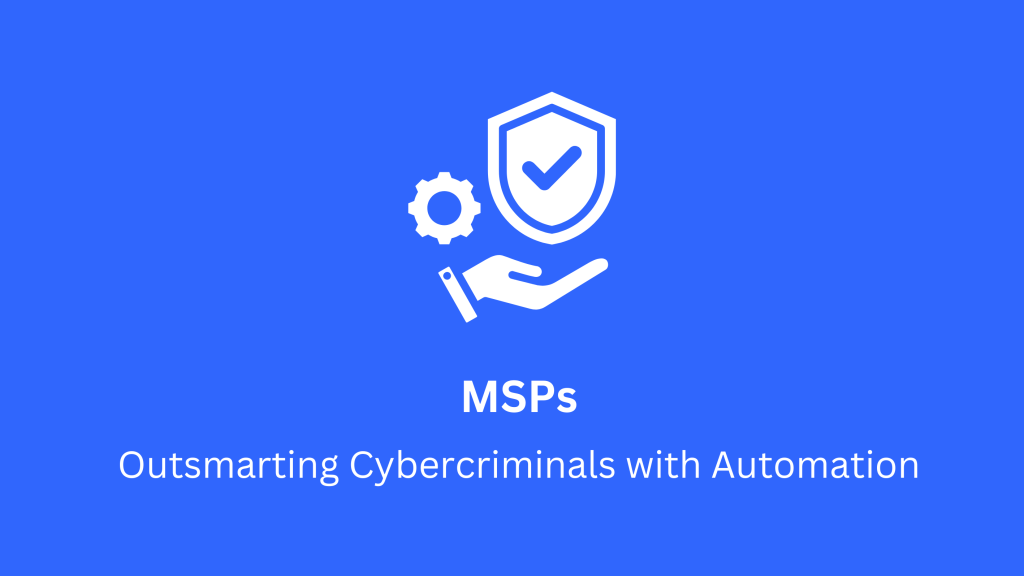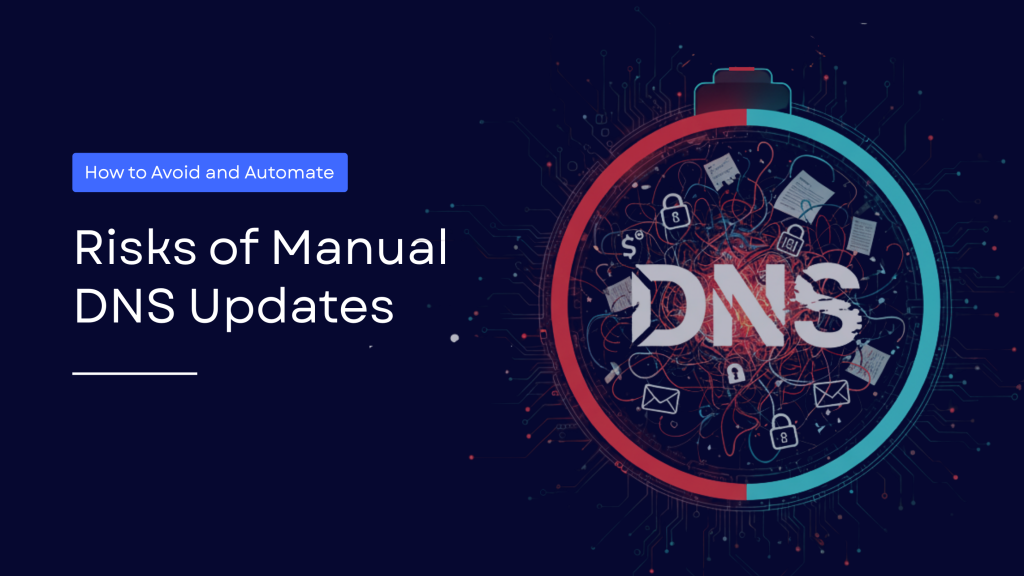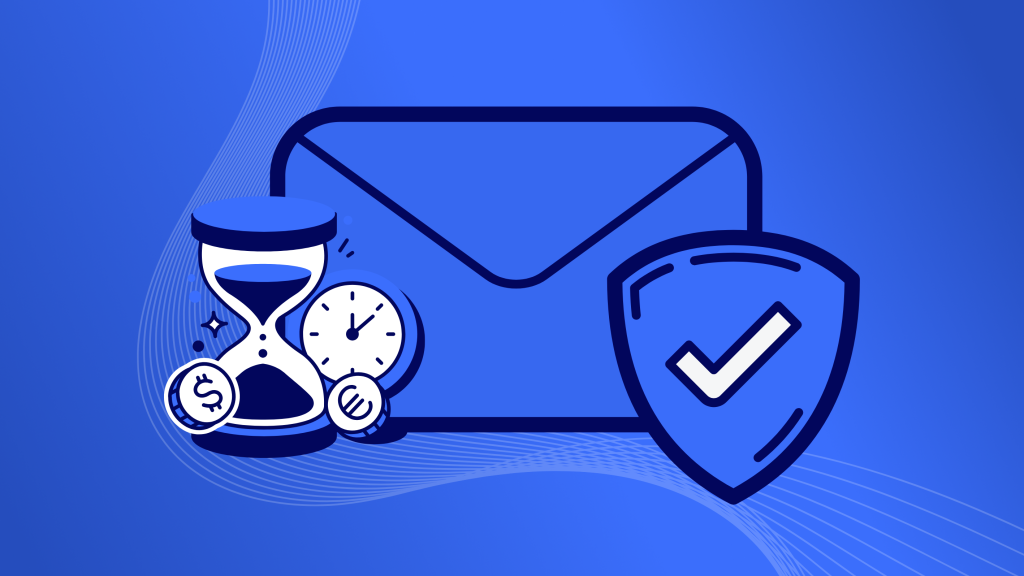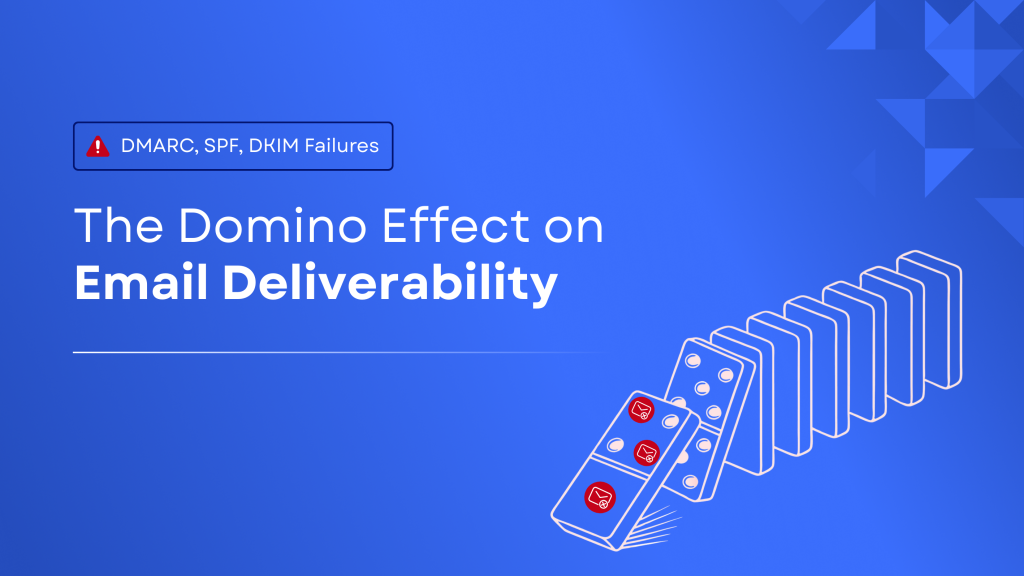Automating Email Authentication: A Cybersecurity Game-Changer for MSPs

Cybercrime is evolving at an unprecedented pace, and email remains one of the most exploited entry points for malicious actors. For Managed Service Providers (MSPs), the responsibility to safeguard client communications has never been greater. Businesses depend on their MSPs not only to manage IT infrastructure but also to protect sensitive data and ensure operational continuity.
To meet these expectations, MSPs must focus on a critical yet often undervalued aspect of cybersecurity: email authentication. Email-based attacks, such as phishing, spoofing, and business email compromise (BEC), are among the most damaging cyber threats today. MSPs that integrate robust email authentication protocols into their service offerings can deliver unparalleled value to clients while strengthening their own competitive position in the market.
By automating email authentication processes, conducting continuous vulnerability assessments, and educating clients about the importance of email security, MSPs can help businesses outsmart cybercriminals and thrive in an increasingly challenging digital landscape.
The Growing Importance of Email Authentication
Email is at the core of business communication, making it an attractive target for cybercriminals. Malicious actors often exploit trust by sending fraudulent emails that appear to come from legitimate sources. These attacks can result in data breaches, financial losses, and reputational damage.
Email authentication protocols such as SPF (Sender Policy Framework), DKIM (DomainKeys Identified Mail), and DMARC (Domain-based Message Authentication, Reporting, and Conformance) are essential tools for combating these threats.
- SPF validates the sender’s email server to prevent unauthorized use.
- DKIM ensures that email content is not tampered with during transmission.
- DMARC ties SPF and DKIM together, allowing domain owners to monitor and enforce email policies while gaining visibility into email traffic.
When implemented correctly, these protocols significantly reduce the risk of phishing and spoofing attacks. For MSPs, offering email authentication as a service is an opportunity to deliver immediate and tangible cybersecurity benefits to clients.
Automating Email Authentication: A Game-Changer for MSPs
Managing email authentication policies manually can be complex and time-consuming, especially for MSPs handling multiple clients with diverse needs. Automation solves this challenge by streamlining the deployment and ongoing management of SPF, DKIM, and DMARC protocols.
Automated email authentication tools enable MSPs to:
- Simplify setup and updates: Quickly configure and manage authentication policies across all client domains.
- Monitor compliance: Detect misconfigurations or policy failures and resolve them proactively.
- Respond in real-time: Identify and mitigate threats through automated alerts and dashboards.
By reducing the burden of manual tasks, MSPs can scale their services more effectively and focus on delivering a higher level of protection to their clients. Automation not only ensures consistent application of best practices but also enables real-time responses to emerging threats, a critical advantage in today’s fast-moving cybersecurity landscape.
Building the Case for Email Authentication
MSPs looking to sell email authentication services must position these solutions as essential, not optional. Business leaders may not always understand the risks posed by inadequate email security, so it is crucial to communicate the benefits clearly and persuasively.
Start by highlighting the alarming statistics: Email is the source of more than 90% of all cyberattacks, and phishing schemes alone account for billions of dollars in losses each year. Without proper email authentication, businesses risk being targeted by attackers who impersonate their brand or use their domain for fraudulent purposes.
By implementing SPF, DKIM, and DMARC, clients can:
- Protect their customers and employees from phishing and spoofing attacks.
- Safeguard their reputation by preventing misuse of their domain.
- Gain insights into email traffic and identify unauthorized senders.
- Comply with data protection regulations like GDPR and CCPA.
Positioning email authentication as a proactive, cost-effective solution helps MSPs overcome objections and demonstrate the value of their expertise.
Leveraging Continuous Monitoring and Analysis
While automation is essential, it is only part of the solution. Continuous monitoring and vulnerability analysis add an extra layer of protection by identifying potential weaknesses in email systems. MSPs can use tools that provide detailed DMARC reports to analyze traffic patterns, identify suspicious activity, and refine authentication policies.
Regular vulnerability assessments ensure that email authentication protocols remain effective, even as cybercriminals develop new tactics. By partnering with cybersecurity experts or leveraging advanced analytics tools, MSPs can deliver comprehensive email security solutions that address both current and future threats.
Educating Clients: A Key to Success
One of the most critical aspects of selling email authentication services is client education. Many businesses are unaware of the risks posed by insufficient email security or the benefits of implementing SPF, DKIM, and DMARC.
MSPs can add value by helping clients understand:
- How email authentication works and why it matters.
- The potential financial and reputational costs of email-based attacks.
- How DMARC reports provide actionable insights into email activity.
By positioning themselves as trusted advisors, MSPs can build stronger relationships with their clients and differentiate their services in a crowded market.
The Competitive Edge for MSPs
Incorporating email authentication into your service portfolio does more than enhance cybersecurity—it sets your MSP apart from competitors. Businesses are increasingly looking for IT partners who can provide proactive, comprehensive security solutions. By automating email authentication, offering continuous monitoring, and educating clients, MSPs can deliver the protection that modern businesses demand.
Email authentication is not just a technical requirement; it is a critical component of a broader cybersecurity strategy. MSPs that embrace this opportunity will not only outsmart cybercriminals but also build trust and loyalty among their clients.
The choice is clear: Automate email authentication—or risk leaving vulnerabilities that could terminate client trust and business growth.
Partnering with Skysnag for Unmatched Email Authentication
To truly excel in offering email authentication services, MSPs need the right tools and partners. Skysnag provides MSPs with a comprehensive platform that simplifies the deployment, management, and monitoring of email authentication protocols like SPF, DKIM, DMARC, MTA-STS, TLS-RPT, and BIMI.
By partnering with Skysnag, MSPs gain access to cutting-edge automation tools, real-time insights, and expert support that streamline the delivery of email security services. Skysnag’s solutions empower MSPs to offer proactive protection, ensuring their clients’ email systems are secure, compliant, and resilient against evolving threats.
Becoming a Skysnag partner allows MSPs to elevate their offerings, build stronger client relationships, and and stay ahead in the competitive cybersecurity landscape. With the right partnership, MSPs can confidently meet their clients’ email deliverability and security needs while driving growth and innovation.
Join the Skysnag Partner Network today!






